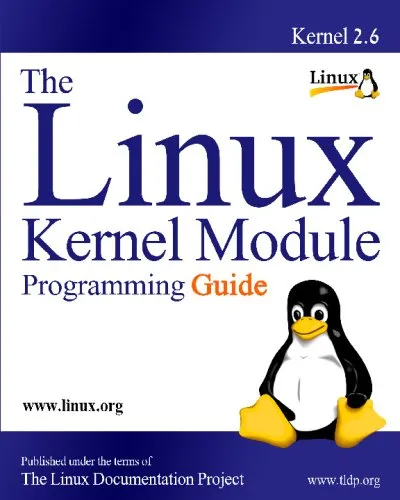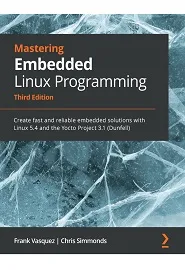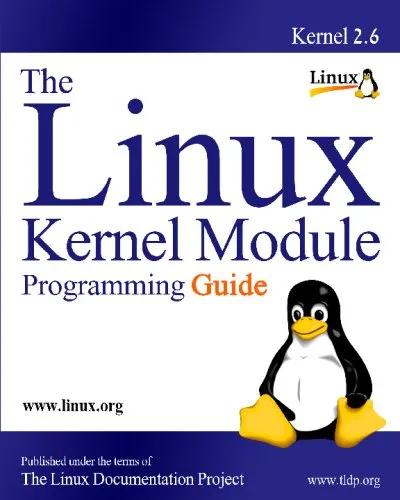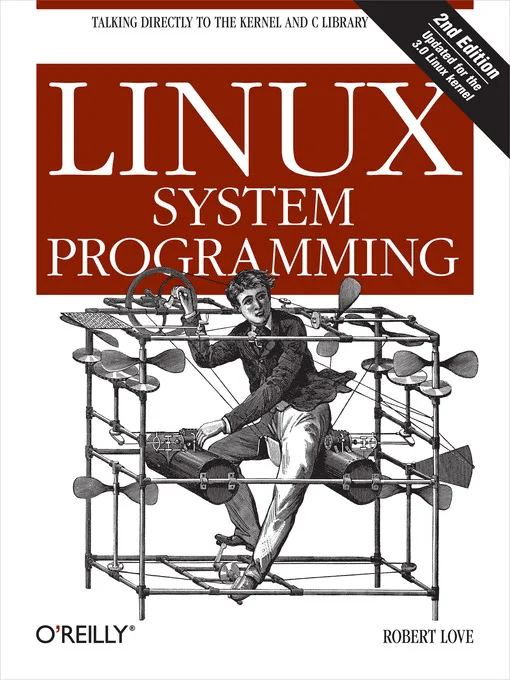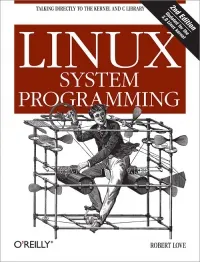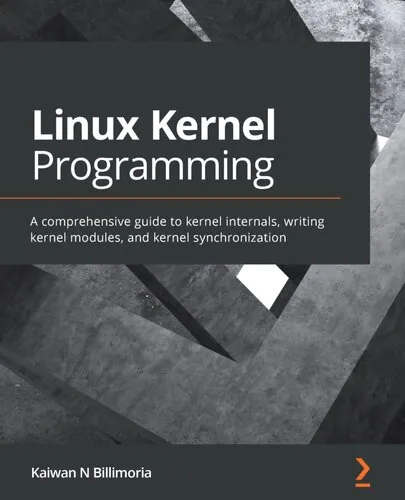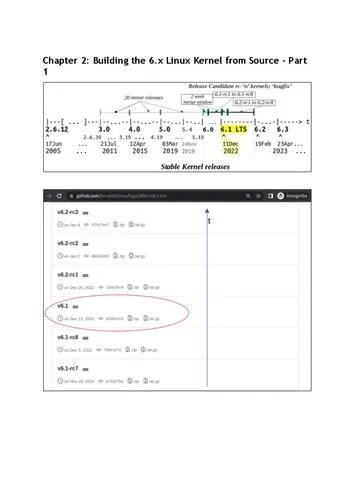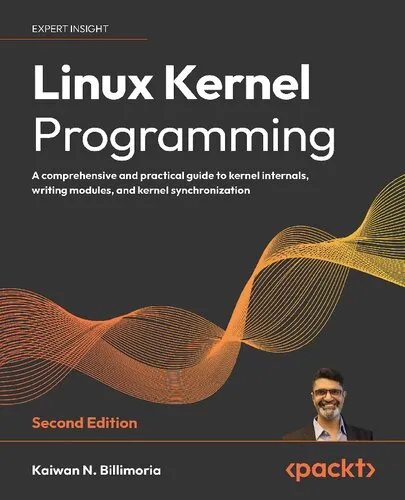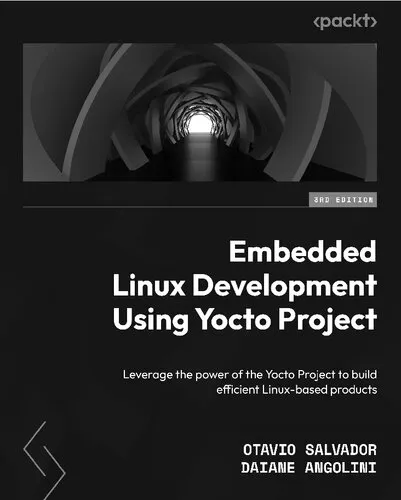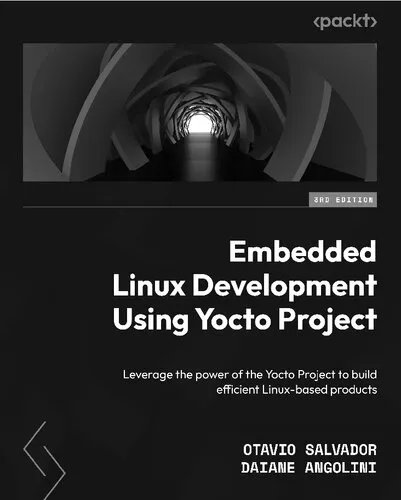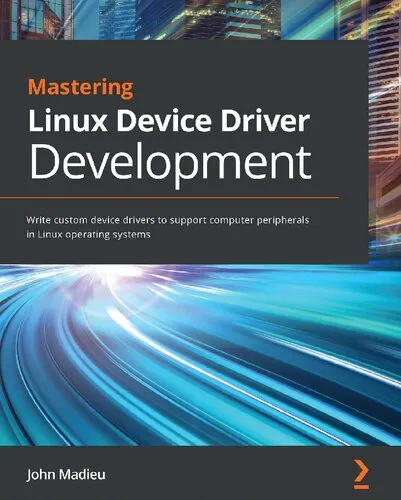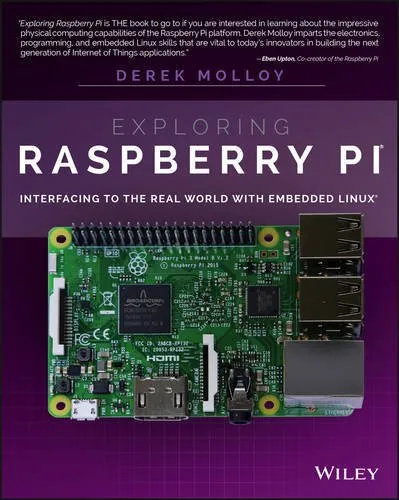Linux Kernel Module Programming Guide
4.0
Reviews from our users

You Can Ask your questions from this book's AI after Login
Each download or ask from book AI costs 2 points. To earn more free points, please visit the Points Guide Page and complete some valuable actions.Related Refrences:
Introduction
Welcome to the "Linux Kernel Module Programming Guide," a comprehensive resource designed to empower developers with the skills required to write Linux kernel modules. Whether you are a seasoned developer or just starting your journey into kernel programming, this guide offers invaluable insights into the inner workings of the Linux operating system, focusing specifically on module development.
Detailed Summary of the Book
The "Linux Kernel Module Programming Guide" delves into the core principles and practices necessary for developing modules that seamlessly integrate with the Linux kernel. The book starts with an introduction to the kernel's architecture, explaining its features, components, and the significance of kernel modules. It provides step-by-step instructions on setting up a suitable development environment and compiling a kernel with support for module insertion.
As you progress, the book takes you through the intricacies of writing your first kernel module, offering robust examples and practical exercises to solidify your understanding. You will explore essential topics such as managing memory within the kernel, handling concurrency, and interfacing with hardware. Furthermore, it covers debugging techniques, performance optimization strategies, and tools to analyze kernel module behavior.
Through illustrative examples and detailed explanations, the book ensures you gain a deep understanding of how to extend the functionality of the Linux kernel safely and efficiently.
Key Takeaways
- In-depth understanding of Linux kernel architecture and module mechanics.
- Practical skills in setting up and configuring a Linux kernel development environment.
- Proficiency in writing, compiling, and inserting kernel modules.
- Insights into effective debugging and performance optimization of kernel modules.
- Ability to interface hardware efficiently through kernel modules.
Famous Quotes from the Book
"The Linux kernel is more than just a colossal collection of code - it's a vibrant and dynamic ecosystem that evolves with each release."
"Writing a kernel module is like constructing a finely-tuned orchestra, where every piece must work in harmony to produce the desired outcome."
Why This Book Matters
The significance of the "Linux Kernel Module Programming Guide" cannot be overstated. Linux is one of the most widely used operating systems today, powering everything from humble embedded devices to the world's most powerful supercomputers. Understanding how to develop kernel modules enables developers to customize and optimize the Linux OS to meet specific needs and maximize performance.
This book is essential for anyone looking to gain a competitive edge in software development, system administration, or IT infrastructure management, as it provides insights crucial for contributing to or leveraging open-source technologies effectively. Moreover, the knowledge gained from this guide can be instrumental in advancing your career in a tech-driven world economy.
By immersing yourself in this guide, you can become part of a vibrant community of Linux enthusiasts and professionals dedicated to innovation and excellence in the field of software development.
Free Direct Download
You Can Download this book after Login
Accessing books through legal platforms and public libraries not only supports the rights of authors and publishers but also contributes to the sustainability of reading culture. Before downloading, please take a moment to consider these options.
Find this book on other platforms:
WorldCat helps you find books in libraries worldwide.
See ratings, reviews, and discussions on Goodreads.
Find and buy rare or used books on AbeBooks.
1488
بازدید4.0
امتیاز0
نظر98%
رضایتReviews:
4.0
Based on 0 users review
Questions & Answers
Ask questions about this book or help others by answering
No questions yet. Be the first to ask!
